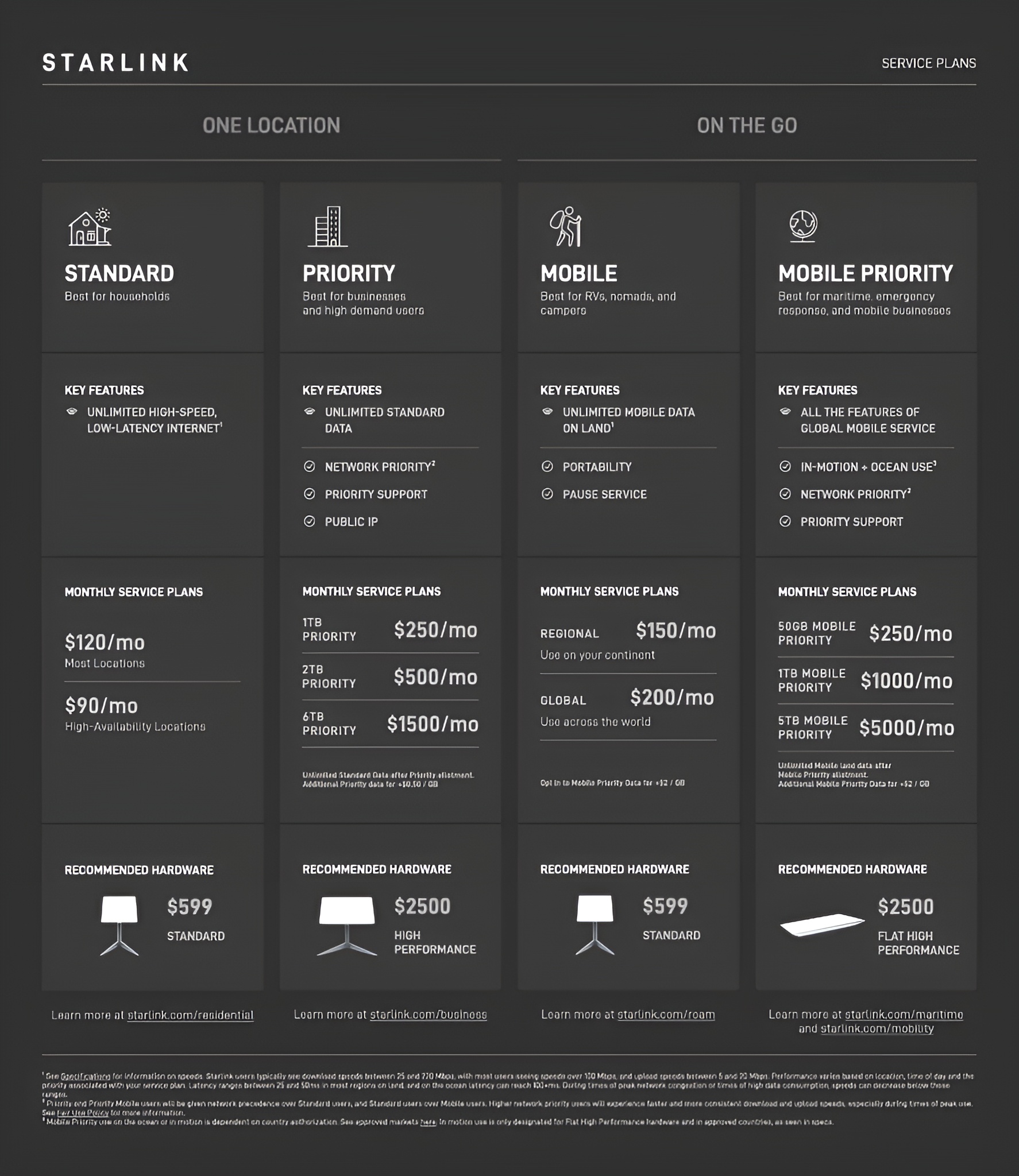In an age where the internet serves as a vital platform for expression and communication, the rising tide of censorship poses a significant challenge to the principles of freedom of expression. The fight against internet censorship is a battle not only for the rights of individuals to express their opinions but also for the fundamental freedom of information that underpins liberal democracies. As governments and organizations increasingly impose limitations on online content, many voices that seek to challenge the status quo are muffled, raising alarming questions about the future of free discourse in the online environment.
Across the globe, individuals are resisting against these restrictions, advocating for a more open and unrestricted internet. This struggle embodies the tension between authority and the public's right to information and expression. In this article, we will explore the complexities of internet censorship, the implications for freedom of expression, and the ongoing efforts to reclaim the online arena for all voices.
The Rise of Online Censorship
Recently, internet censorship has emerged as a significant concern as governments and organizations seek to regulate the flow of information online. The rise of social networking sites and the swift dissemination of online material have made it more convenient for individuals to voice their thoughts, but this has also encouraged authorities to suppress dissenting opinions. In 인터넷가입현금많이주는곳 , censorship is rationalized under the mask of safeguarding national security, maintaining public order, or combatting misinformation. As a consequence, laws and regulations have been enacted that give governments substantial power to block access to information and muffle critics.

The execution of censorship often entails the use of advanced technologies, such as artificial intelligence and analytics software, to monitor and control online dialogue. These techniques make it more difficult for users to navigate the digital landscape freely, as algorithms may suppress content deemed unfit. Such practices not only influence individual users but also influence the overall spectrum of information available on the internet. When particular viewpoints are systematically removed from public dialogue, it jeopardizes the foundation of a democratic society, which depends on open communication and the exchange of ideas.
Furthermore, internet censorship has matured into a global issue, with countries like the People's Republic of China, Iran, and the Russian Federation introducing stringent controls over their citizens' online actions. These regimes often create a climate of fear where individuals are unwilling to voice their true thoughts for fear of repercussions. Citizens in these countries are frequently uninformed of the true extent of global views because their access to data is so strongly controlled. As the fight against internet censorship intensifies, it poses fundamental questions about the prospects of free expression in an increasingly globalized world.
Impact on Free Speech
The emergence of internet censorship constitutes a serious danger to free speech worldwide. Governments and institutions often defend censorship by arguing it is essential to preserve social order or safeguard citizens from harmful content. Yet, such measures may cause the suppression of varying opinions and important discussions. Citizens may be reluctant to express their views due to anxiety of backlash, resulting in a uniform narrative that squelches creativity and innovation.
Furthermore, the chilling effect of censorship goes beyond personal apprehension; it impacts society as a collective. When perspectives are silenced, important social issues may remain unaddressed, denying communities the opportunity to engage in constructive dialogues. This not only erodes democratic principles but also restricts the potential for collective action and social change. The internet, as a platform for free expression, becomes a site where the management of information dictates the boundaries of credible discourse.
Additionally, the implications of internet censorship extend to marginalized groups and dissenting voices who are already at danger of being overlooked. Censoring access to specific viewpoints perpetuates existing power dynamics and creates spaces where only prevailing narratives flourish. In a world where each interaction and comment can be monitored, the fight for free speech becomes essential to ensure that multiple perspectives are heard and that anyone can participate in the dialogue without worry of censorship.
Strategies for Resistance
A successful effective strategy for combating internet censorship is the utilization of virtual private networks. VPNs encrypt users' internet traffic and hide their IP addresses, allowing individuals to access blocked content and share information freely without state or organizational surveillance. By routing their internet connection through servers in other countries, users can bypass local censorship laws and access a wider range of information. This not only enables individuals to find diverse perspectives but also empowers them to take part in discussions that may be censored in their respective regions.
A further crucial strategy is the advocacy and use of decentralized platforms. Conventional social media and communication tools often fall under the control of central organizations, rendering them vulnerable to censorship. By transitioning towards decentralized alternatives, individuals can create and publish content without the concern of arbitrary suppression or suppression. These platforms operate on blockchain systems or peer-to-peer networks, which makes it more difficult for any one entity to impose censorship. This community-based approach fosters a more resilient and open online environment.
Ultimately, raising public awareness about the impacts of internet censorship plays a critical role in anti-censorship activities. Teaching individuals about their rights to free expression and the importance of open access to information can galvanize communities to initiate action. Community campaigns, workshops, and social media initiatives can help inform people about the tools available to oppose censorship. By uniting a collective effort, citizens can advocate for policy changes and resist oppressive measures, ensuring that the battle for freedom of expression continues.
